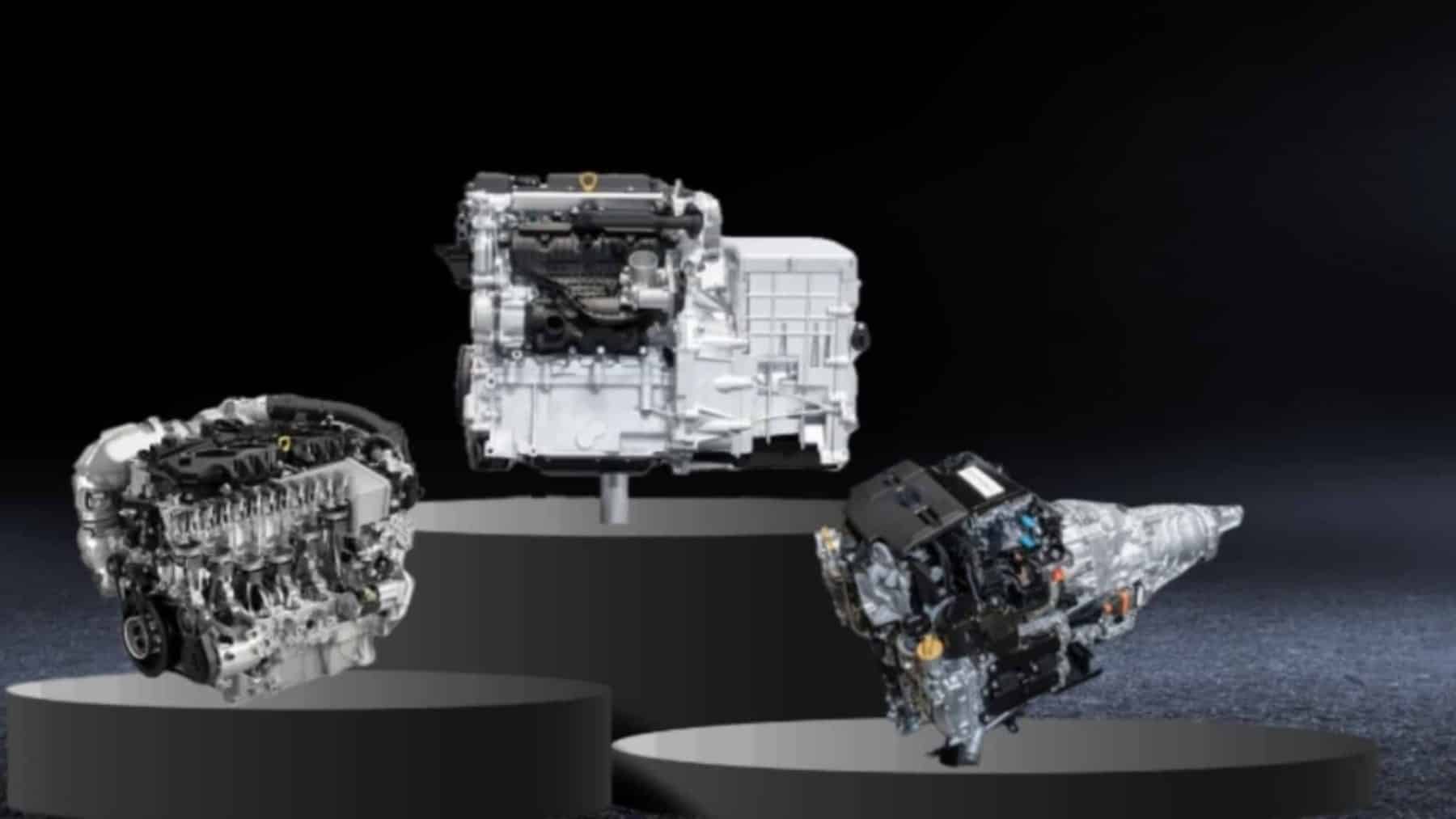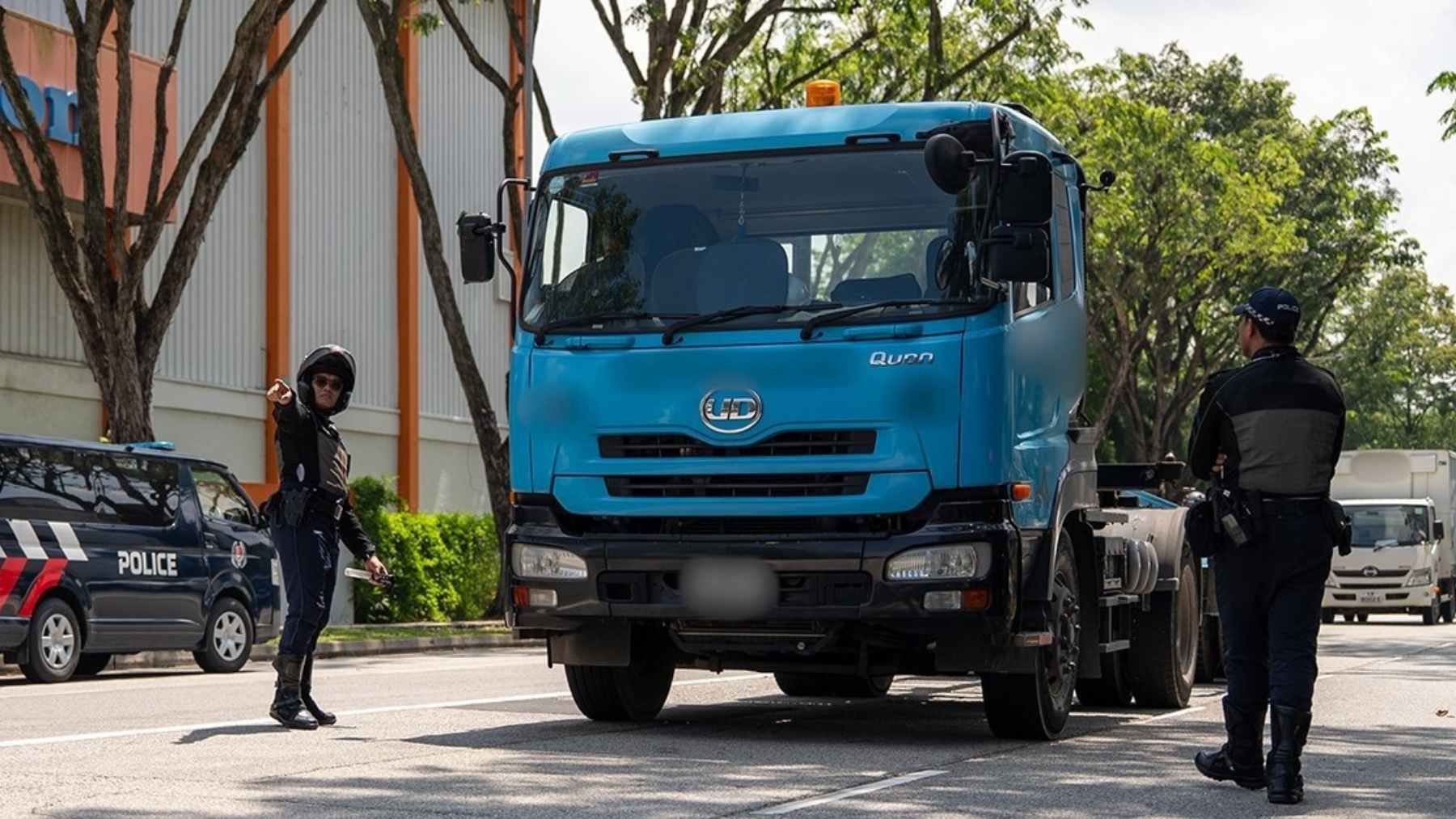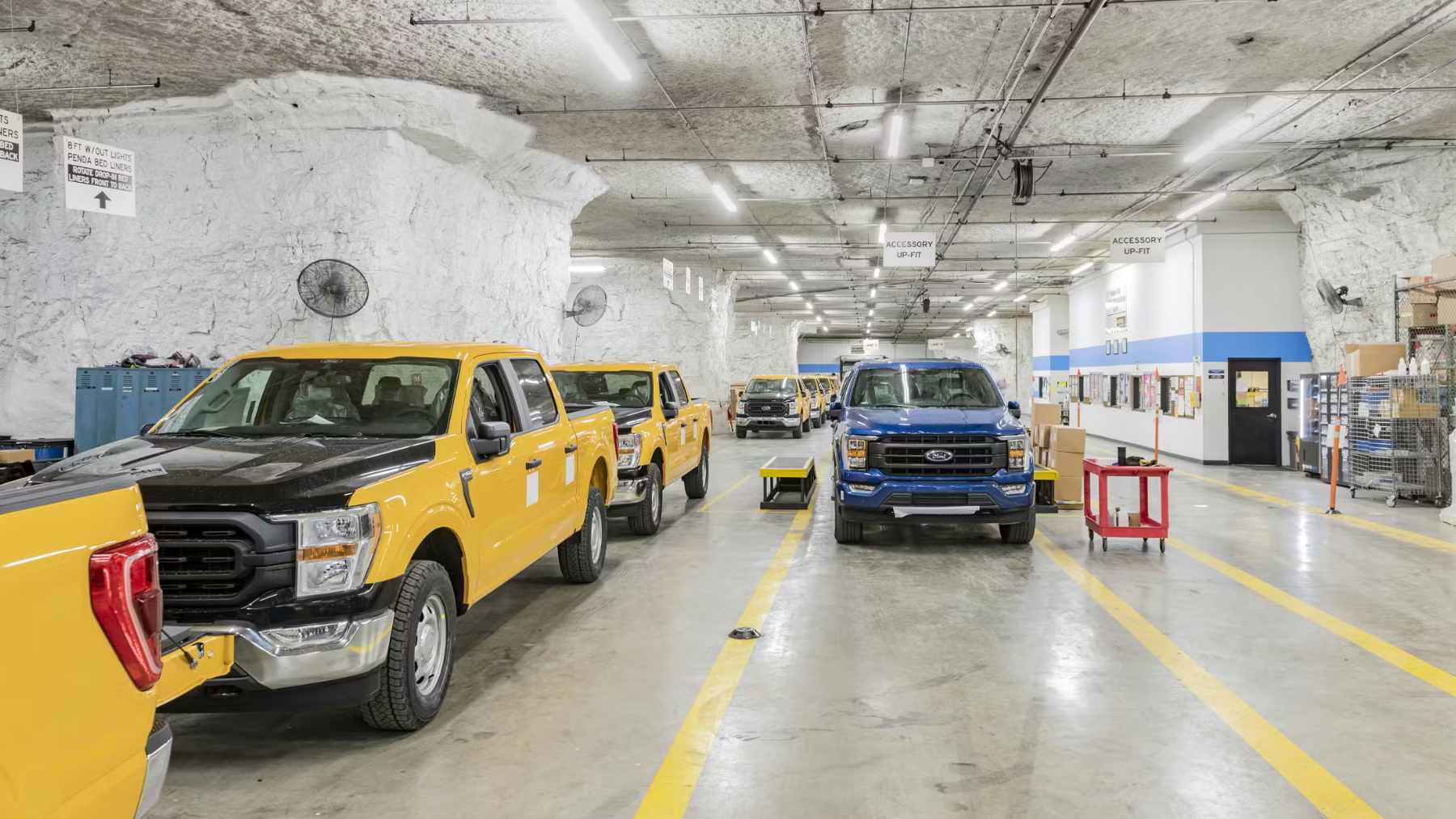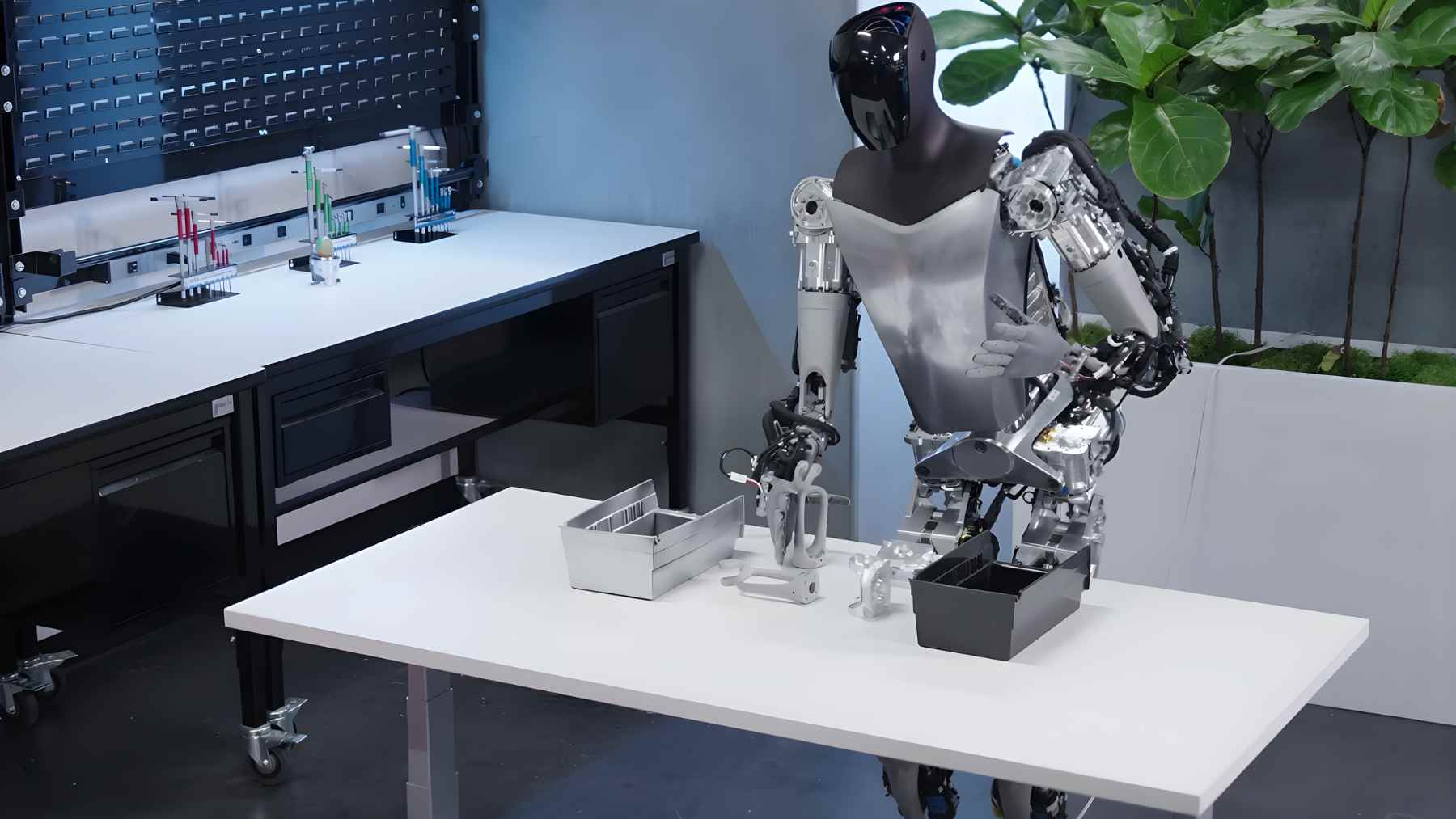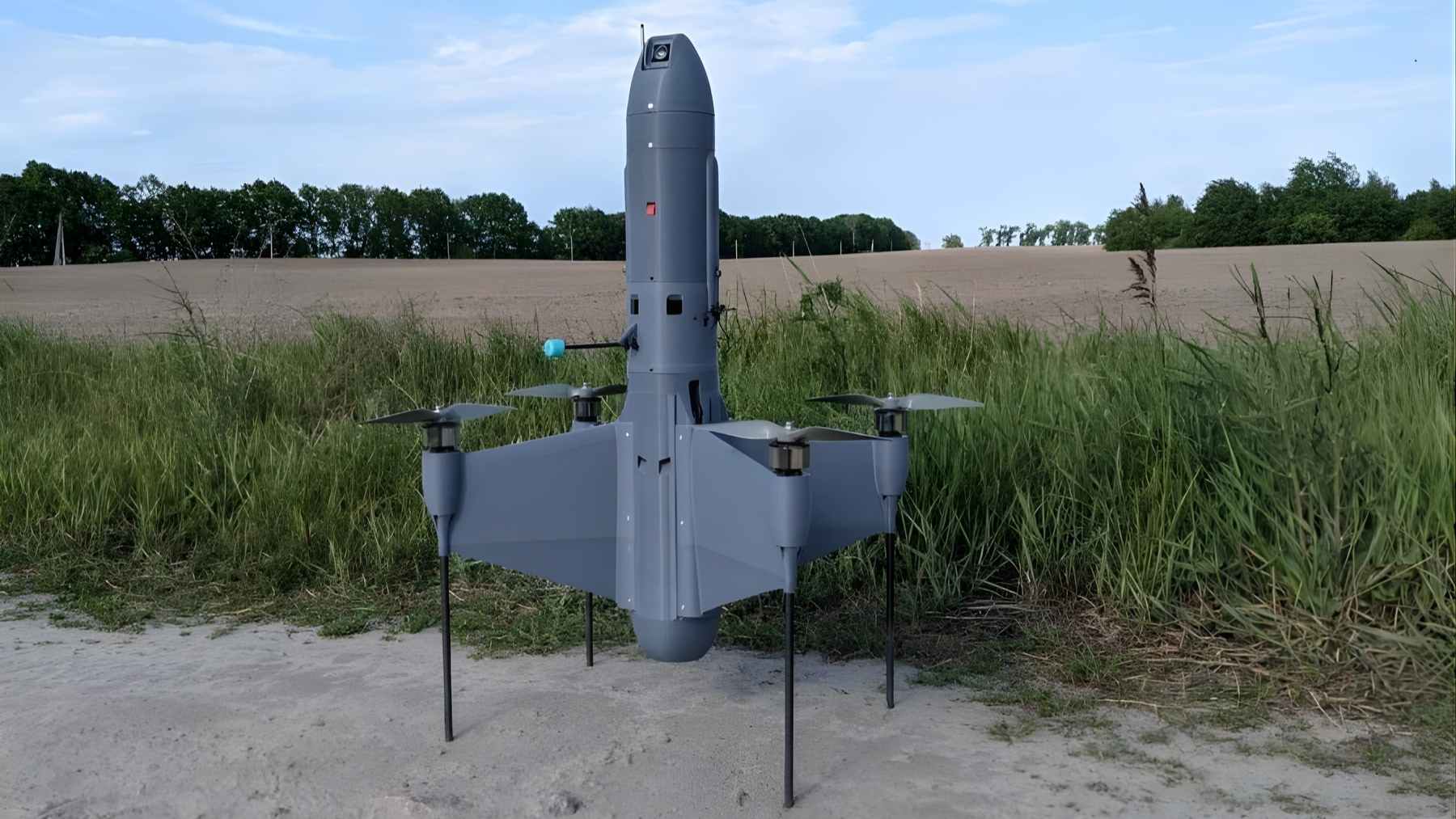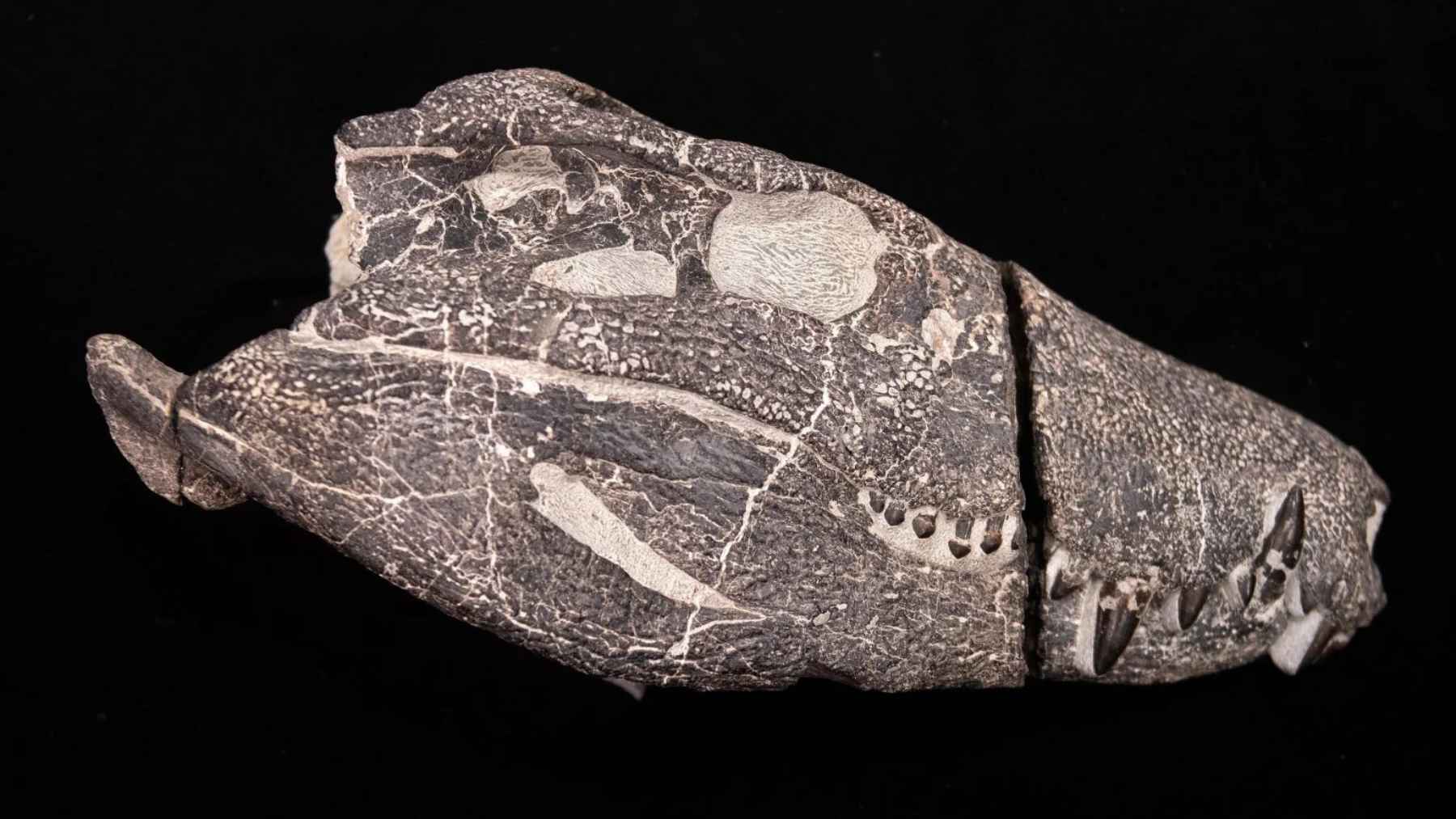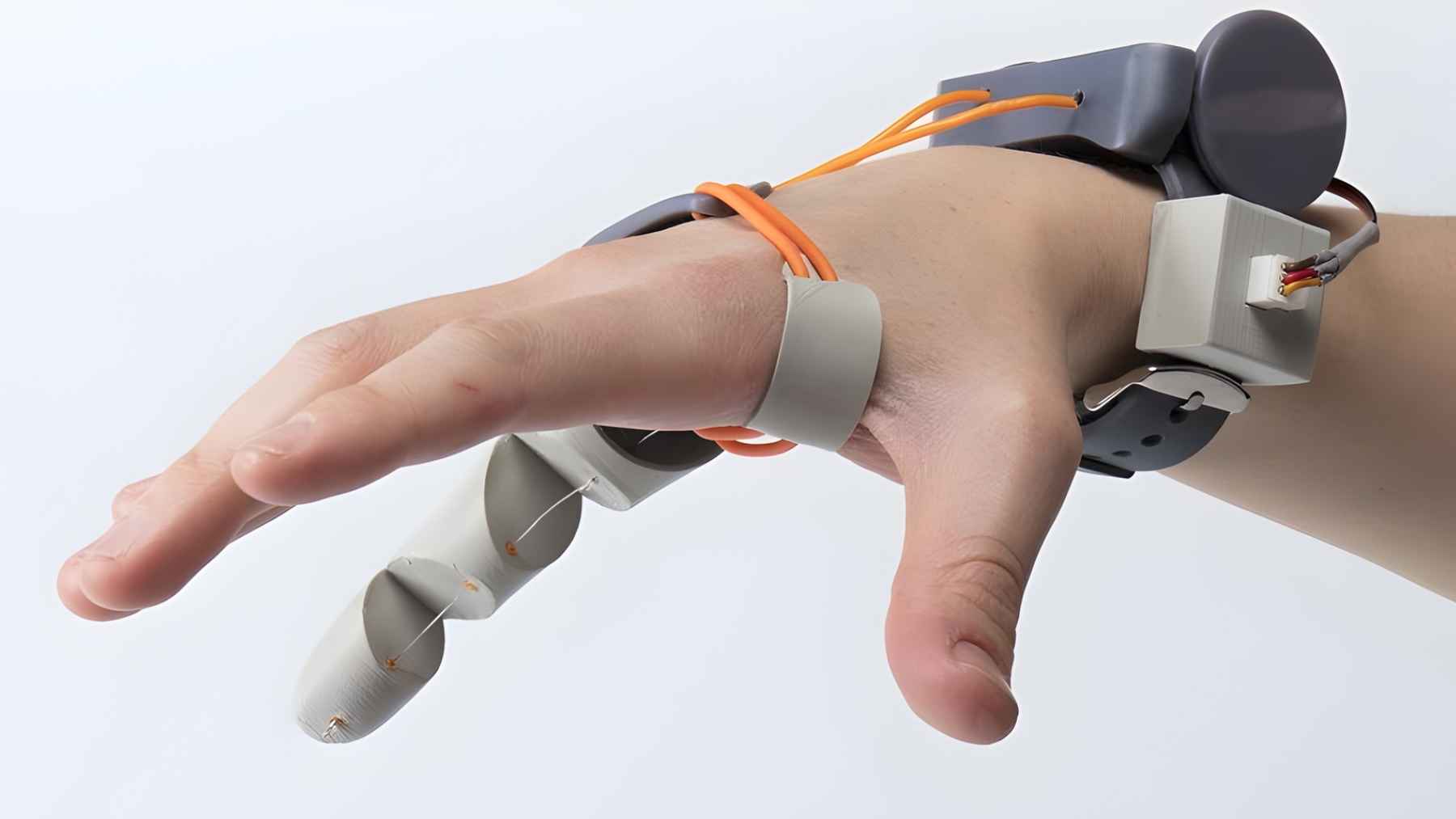Japan seems to be on a route of its own, deviating from electric vehicles (EVs). In breaking away from the hydrogen dream, Japan seems to be looking at a dream of its own, which is that of green fuel as well as reworked internal combustion engines (ICE). With what has been labelled an “engine reborn”, Japan is putting forth a lightweight internal combustion system powered by hydrogen and bioethanol, and not gasoline. Japan is drifting away from the rush towards full force electrification and moving in the direction of fusing tradition with modern-day invention.
The return of the internal combustion engine
Toyota is advocating hybrid technology, and this Japanese automaker is making it clear that the new internal combustion engine will work well with hybrids and with electric motors, whilst still being fully powered by green fuels, which also consists of compressed hydrogen.
Previous Toyota experimental models like the Corolla Sport H2 Concept were also able to rise up to the zero-carbon emissions challenge, even during combustion. The fact, however, remains that the use of compressed hydrogen is not without challenge. Hydrogen burns far hotter and faster than gasoline, resulting in abnormal combustion. To address this problem, Toyota is looking to partner with Denso to create high-pressure hydrogen injectors and heat-resistant components to ensure far more stable and cleaner energy performance.
According to Toyota’s CEO Koji Sato, newer ICEs will help allow for both performance and range. The era of the internal combustion engine is not at all over; the core premises of the traditional internal combustion engine is being reimagined and reworked.
Japan is taking a more hybrid approach when dealing with internal combustion engines
If Japan relied on hydrogen alone, we would have to turn hydrogen black to ensure enough hydrogen is available. However, this is not the case. Hand-in-hand with domestic partners, Toyota is looking to use bioethanol, a fuel produced by crop waste. The new engine will focus on sustainability.
All of the companies, including Subaru and Mazda, are looking at this rotary engine for cleaner hybrids. With cleaner combustion on offer, emissions can be reduced considerably faster, moving towards battery-electric vehicles.
In a presentation with automakers Subaru and Mazda, the main message that emanated was that working together was the only way forward and the better option.
Why is full electrification not on the cards?
The partnership between Mazda, Toyota, and Subaru has already seen these leading Japanese automakers taking a back step from this fuel and looking back at the possibilities and newer developments with regard to the internal combustion engines.
While Japanese automakers have a clear vision for internal combustion engines, critics urge that big Japanese motor brands are wasting time and effort by looking at battery-electric vehicles (BEVs). Car rivals already playing in the global EV market, such as BYD and Tesla, are way ahead. However, the deviation away from a full electrification option shows that there is no one set-in-stone solution.
Producing EVs by the truckload can be a carbon-heavy and intensive process, and even more so when the lithium-ion batteries are taken into account. Toyota is making considerable advances while thinking practically. The move entirely to BEVs would result in 5,5 million jobs being created. Since renewable energy solutions may be hard to get their hands on, green fuels are a step forward towards a more practical route.
Japan has moved towards green fuel, and these Japanese automakers are reconsidering the move towards full-on carbon neutrality. Hydrogen and bioethanol-powered engines will not be the leading engines adopted by all automakers, and they may not instantly turn heads, but it is a practical and well-considered solution.
With the focus being on the recreation of the internal combustion engines, the direction should be geared towards cleaner internal combustion engines that are powered by green fuel and are green-loving engines.
